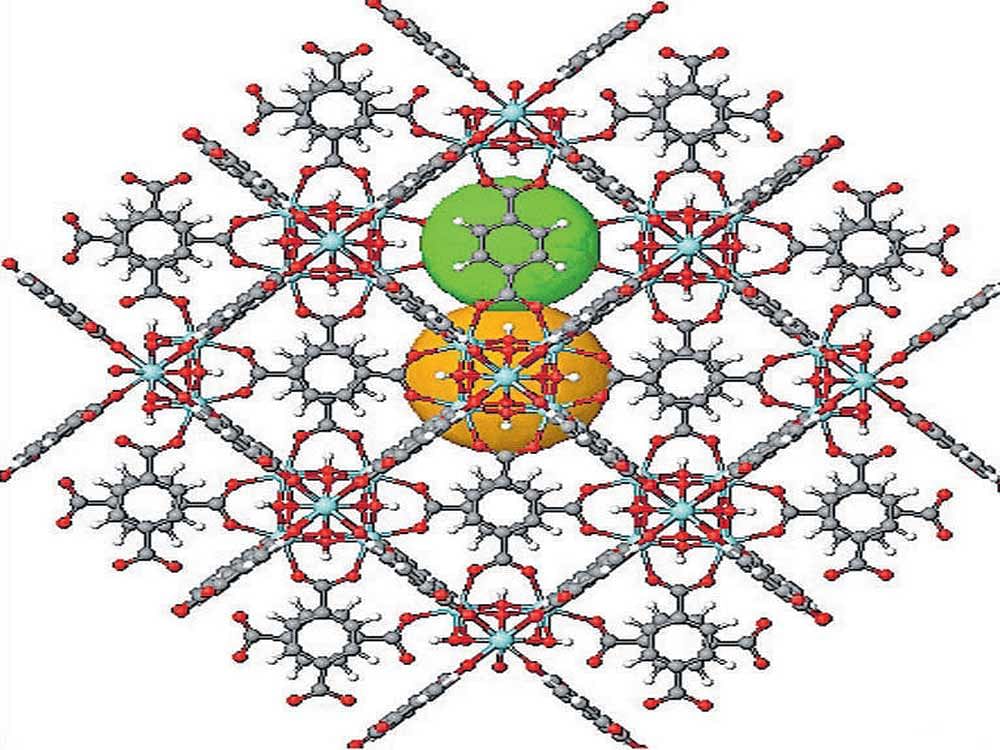
India has begun the process of eliminating seven extremely harmful chemicals almost eight years after the world agreed on their phase out under the Stockholm Convention.
The Union Ministry of Environment and Forest came out with a draft proposal to remove these seven chemicals from the industry.
It would be done in the same manner as followed earlier to wipe off another 12 persistent organic pollutants.
Four out of the seven chemicals are brominated flame retardants used mainly in the electrical and electronic industry; two are found in the insecticide industry and the remaining one is an industrial solvent.
They are among the persistent organic pollutants that can stay the environment for years with damaging consequences.
Removal of the POPs from the environment is an international exercise under the Stockholm Convention that began in 2004 with 12 chemicals, popularly known as the “dirty dozens”. India ratified the convention in 2006 and banned these chemicals with some exceptions.
With the addition of more chemicals in the last 13 years the list of POPs has now expanded to include 27 pollutants.
Almost 10 days ago, the environment ministry issued a draft proposal to get rid of seven of these additional POPs, whose phase out was decided in 2009.
“While the move is delayed, it also suggests that India was not going to seek exemptions on these chemicals,” Piyush Mohapatro, a researcher from Toxics Link, a non-governmental outfit, told DH.
The chemicals on the elimination list are: (i) Chlordecone; (ii) Hexabromobiphenyl; (iii) Hexabromodiphenyl ether and heptabromodiphenyl ether (commercial octa-BDE); (iv) Tetrabromodiphenyl ether and pentabromodiphenyl ether (commercial penta-BDE); (v) Pentachlorobenzene; (vi) Hexabromocyclododecane and (vii) Hexachlorobutadine.
In the draft proposal, the only exemption given for these chemical's continued use are for research purposes. Everyone else having these chemicals in their stockpile will have to inform the ministry within six months of finalising the proposal, for their disposal.
On the original dirty dozen, Mohapatra said the government was successful to eliminate most of them except polychlorinated biphenyls for which the phase out schedule has been extended to 2030.
India is allowed to use two other dirty chemicals – DDT and Lindane – for the specific purpose of vector control and lice killing agents. All other applications of DDT and Lindane are prohibited. The use of Endosulfan has virtually been stopped by the Supreme Court.
